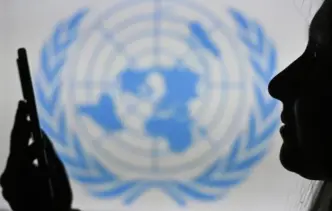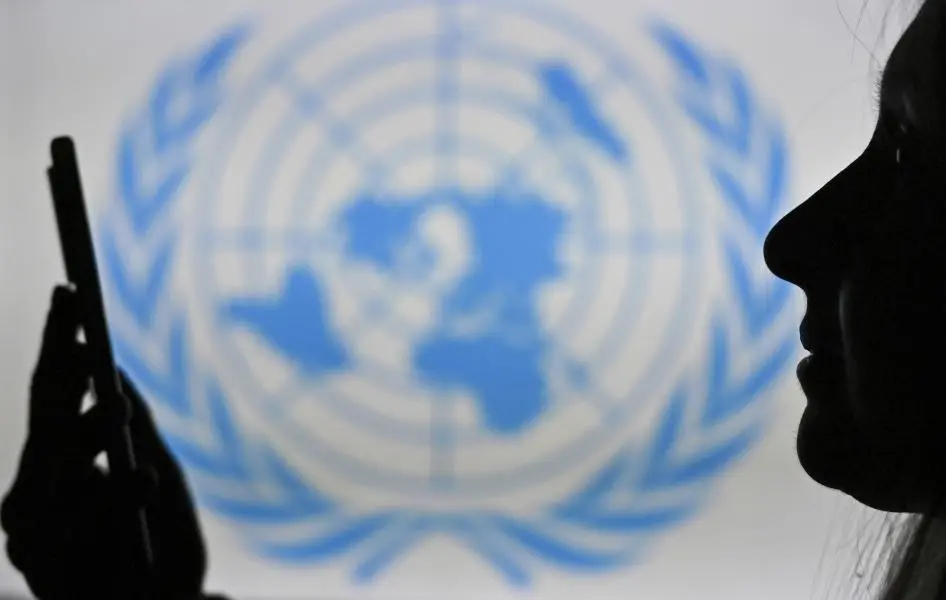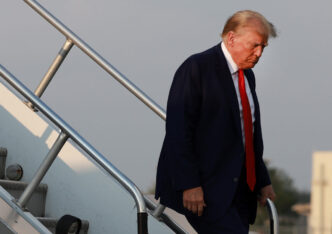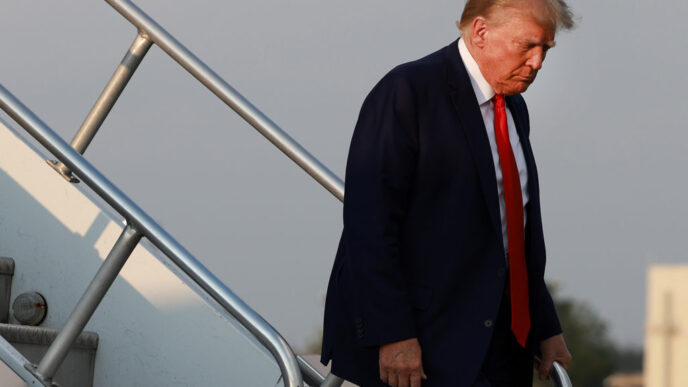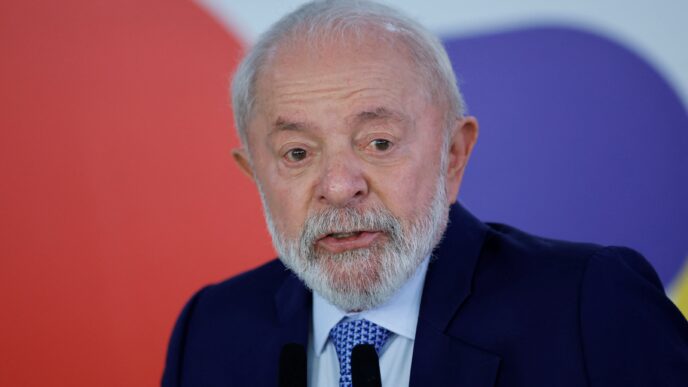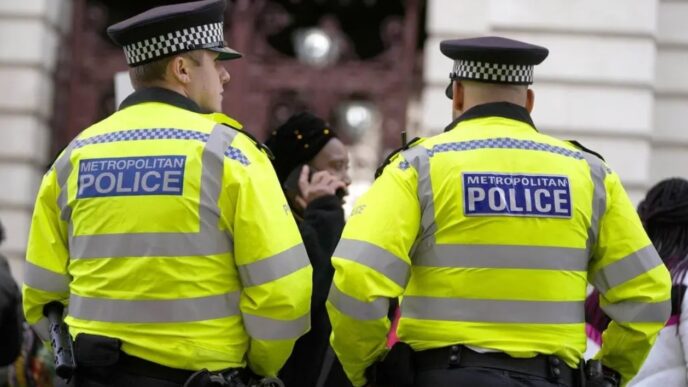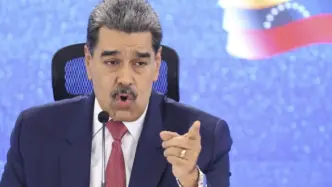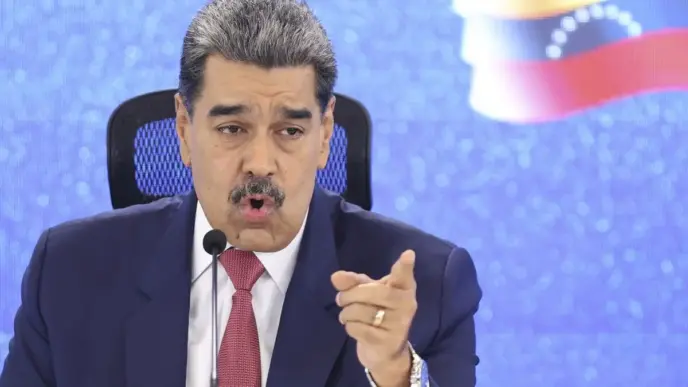More than 60 countries have signed a new UN treaty targeting cybercrime, despite widespread criticism from technology companies and human rights organisations that it could expand government surveillance and threaten digital freedoms.
The UN Convention against Cybercrime, signed in Hanoi, Vietnam, on Saturday, aims to bolster international cooperation to combat online offences such as child exploitation, cyber scams, and money laundering.
The agreement will come into force once ratified by the signatory states.
UN Secretary-General Antonio Guterres hailed the accord as “an important milestone” in the global fight against digital crime.
“Every day, sophisticated scams destroy families, steal migrants, and drain billions of dollars from our economy,” he said. “We need a strong, connected global response.”
The treaty, first proposed by Russia in 2017 and approved by consensus last year, has drawn strong criticism over its vague and broad language, which opponents say could enable cross-border repression and abuse of power by authoritarian governments.
“There were multiple concerns raised throughout the negotiation around how it compels companies to share data,” said Sabhanaz Rashid Diya, founder of the Tech Global Institute. “It’s almost rubber-stamping a very problematic practice that has been used against journalists and activists in authoritarian countries.”
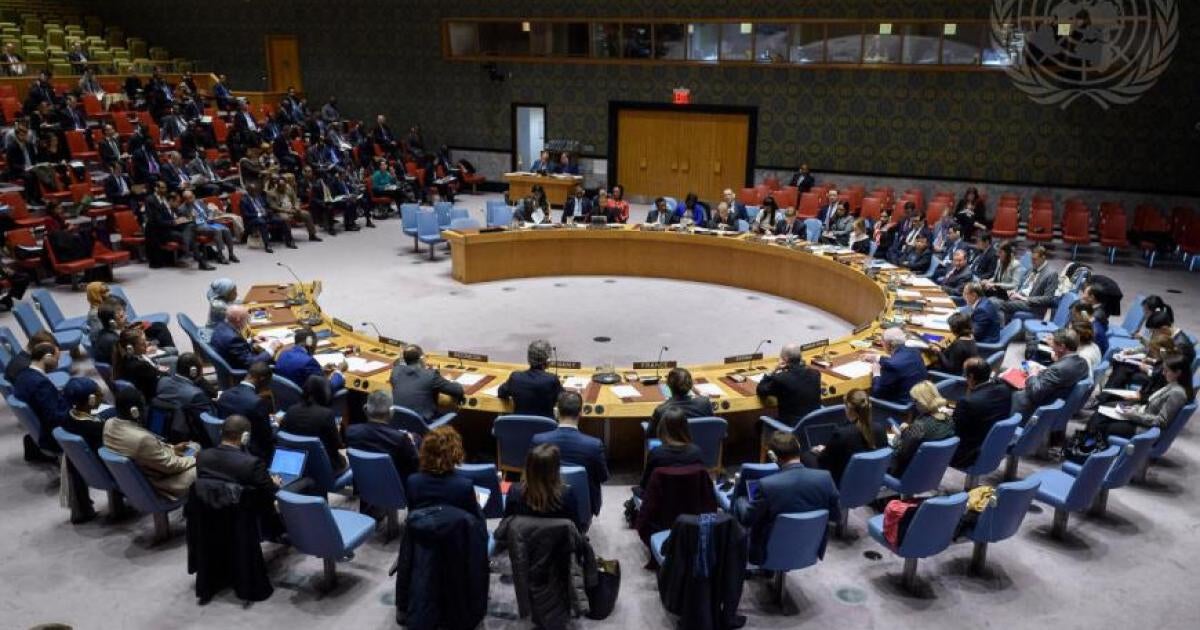
Vietnam’s government confirmed that 60 nations had registered to sign the document, though it did not disclose the full list. Observers expect the signatories to include Russia, China, and several of their allies, but also a number of democratic countries.
Experts say that while even democratic states face real cybercrime challenges, the treaty’s weak human rights safeguards have raised alarms. More than a dozen rights groups signed a letter condemning the lack of clear protections against misuse.
Major tech firms have also voiced concern. The Cybersecurity Tech Accord, representing over 160 companies including Meta, Dell, and Infosys, declined to attend the signing ceremony.
During the draughting process, the group warned that the treaty could criminalise cybersecurity researchers and “allow states to cooperate on almost any criminal act they choose,” posing “serious risks to corporate IT systems relied upon by billions.”
In contrast, the Budapest Convention on Cybercrime, an earlier international framework, includes clear provisions to ensure investigations are carried out in a rights-respecting manner.
The choice of Vietnam as the signing venue has also drawn scrutiny. Human Rights Watch’s Deborah Brown said Hanoi’s history of cracking down on online dissent made the optics of hosting the event troubling.
“Vietnamese authorities typically use laws to censor and silence criticism of the country’s leadership,” Brown said. “Russia, which pushed for this treaty, will be pleased once it’s signed — but given that much of the world’s cybercrime originates from Russia, this treaty won’t fix its lack of political will to act.”


 Trending
Trending 
